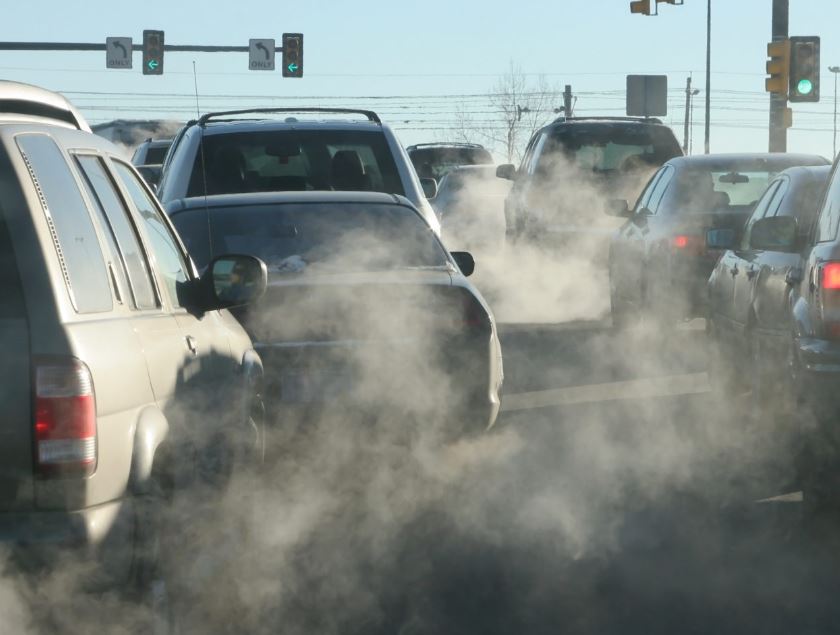The UK announced plans this week to ban the sale of new gasoline and diesel cars by 2035, pulling ahead their previous target date of 2040. If you’re looking for a sure-fire way to reach carbon-reduction goals in the transportation sector, this might just be the most effective policy.
It also addresses one of the most unknowable factors in selling EVs: Will mainstream consumers show up to buy these vehicles? With today’s cheap gasoline prices and a generally higher upfront vehicle cost, consumers have not been flocking to car dealerships to go electric. Putting a stake in the ground and setting a date that bans the sale of gasoline and diesel cars is a game-changer for the EV market.
The UK is joined by dozens of other countries and cities around the world that have set similar goals to ban the internal combustion engine (ICE) cars between 2025 and 2050. These regions all recognize there is virtually no way to achieve meaningful carbon reductions in transportation without a major contribution from the light duty vehicle sector.
In the United States, transportation is the single largest carbon-emitting sector, and light duty vehicles account for 59% of these emissions. “Greening” the electricity grid and electrifying the cars we drive is a powerful antidote to the nearly 1 pound of CO2 an average gasoline vehicle emits every mile that’s driven.
While an ICE ban addresses the trickiest of our challenges—climate and consumer demand—it does leave an extraordinary homework assignment for the automakers. Car makers who sell into the UK market will have to develop a complete line-up of electrified vehicles within 15 years, convert assembly plants and scale up production to 100 percent EV production in that same timeframe. The investment alone will be mind-numbing, not to mention the pesky raw material and battery supply chain issues.
